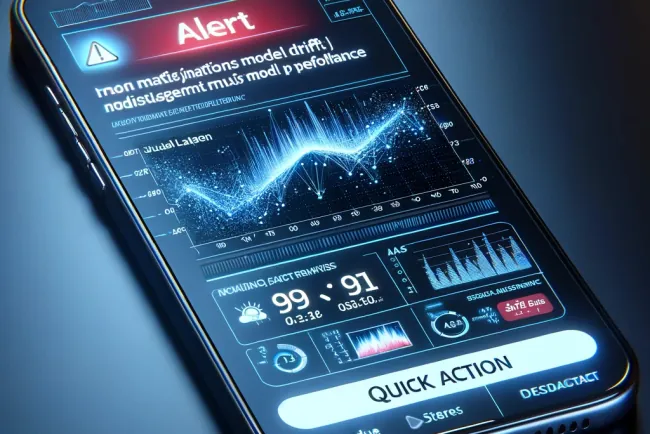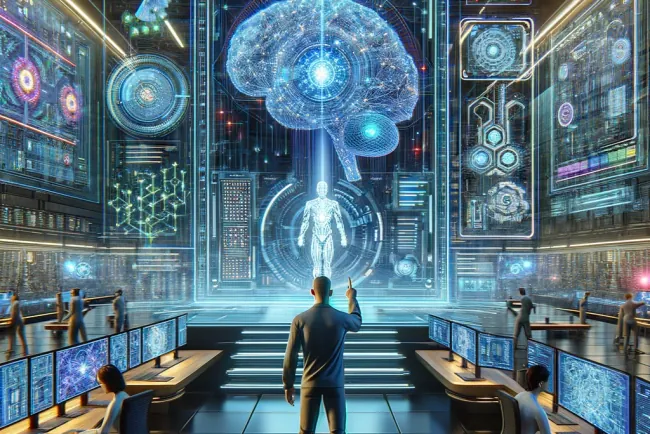The Various Applications of Deep Learning in Everyday Life
Explore the transformative impact of deep learning across industries, from autonomous vehicles to healthcare diagnostics, enhancing daily life.
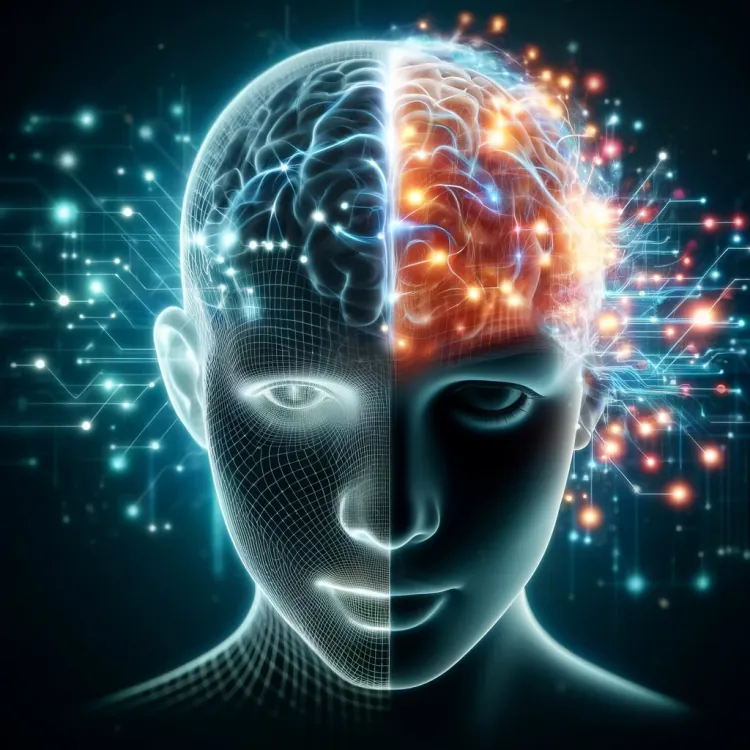
-
Introduction
- Brief overview of deep learning and its significance in machine learning
- Explanation of neural networks and their deep architecture
-
Image and Video Recognition
- Role of convolutional neural networks (CNNs) in image and video processing
- Applications in smartphones (face unlocking, augmented reality)
- Usage in security systems (surveillance, identification)
-
Natural Language Processing (NLP)
- Importance of RNNs and transformers in language understanding
- Examples: chatbots, translation services, and virtual assistants
- Impact on user interaction and service improvement
-
Autonomous Vehicles
- Neural networks in navigation and decision-making
- Case studies: Tesla’s Autopilot, Google's Waymo
- Overview of sensor and camera integration for real-time processing
-
Healthcare
- Deep learning in medical imaging and diagnostics
- Case examples: cancer detection, patient outcome predictions
- Benefits over traditional diagnostic methods
-
Finance
- Application in algorithmic trading, fraud detection, and risk management
- Analysis of real-time trading data for pattern recognition
- Examples of deep learning benefits in financial insights
-
Speech Recognition
- Use of deep neural networks in speech processing
- Applications: real-time transcription, voice-activated GPS, speech translation
- Benefits of accurate and efficient speech recognition
-
Recommendation Systems
- Deep learning in personalization algorithms
- Platforms benefiting from deep learning: Netflix, YouTube, Amazon
- Analysis of user behavior and its impact on content delivery
-
Conclusion
- Recap of deep learning applications across different sectors
- Future potential and ongoing developments in deep learning technologies
-
FAQs
- What is deep learning and how does it differ from other machine learning methods?
- How do deep learning models improve image and video recognition technologies?
- What advancements can we expect in autonomous vehicles through deep learning?
- How is deep learning transforming healthcare diagnostics?
Introduction
Deep learning, a dynamic subset of machine learning, is revolutionizing how data across various forms is analyzed through its neural networks characterized by many layers. This intricate architecture enables machines to perform complex tasks such as image and sound recognition, and natural language processing with unprecedented accuracy and efficiency.
Image and Video Recognition
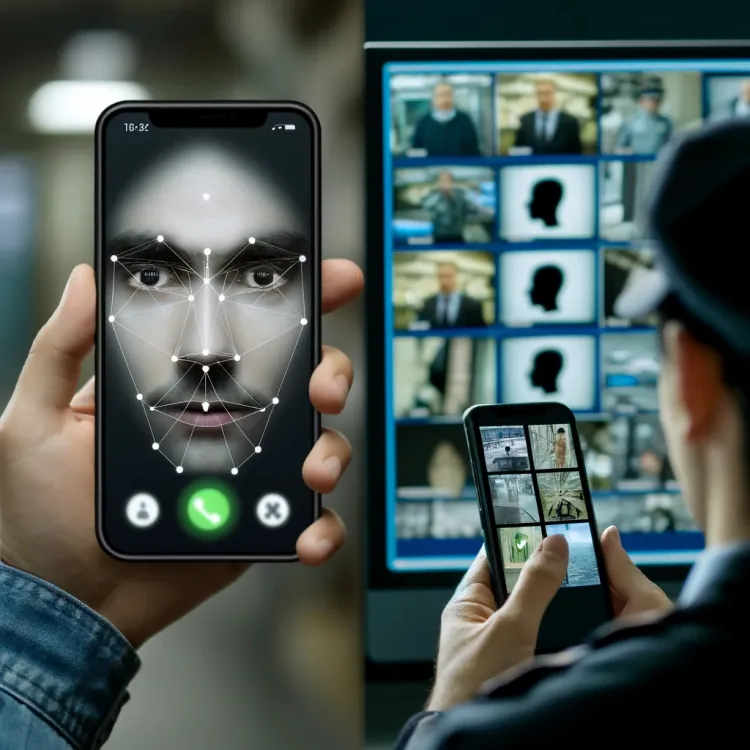
Convolutional Neural Networks (CNNs) are at the forefront of image and video processing, significantly enhancing applications from smartphone security features like face unlocking and augmented reality to sophisticated surveillance systems in security. These networks excel in identifying intricate patterns in visual data, making them invaluable for real-time analysis and decision-making in various fields.
Natural Language Processing (NLP)
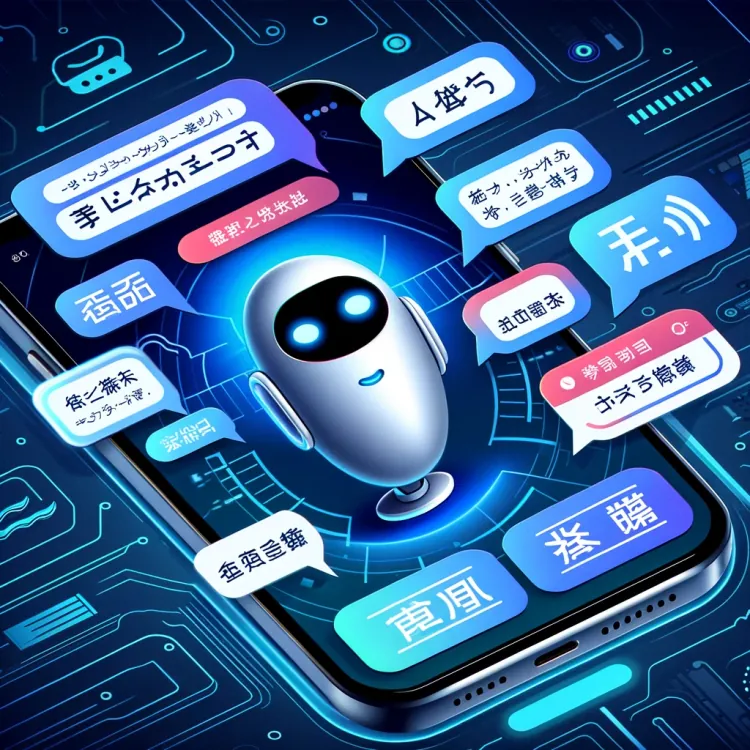
In the realm of language, deep learning has paved the way for transformative technologies such as chatbots, translation services like Google Translate, and virtual assistants like Siri and Alexa. Through recurrent neural networks (RNNs) and transformers, these models have become adept at understanding nuances in human language, enabling them to provide responses that are increasingly human-like, thereby enhancing user interaction and service capabilities.
Autonomous Vehicles
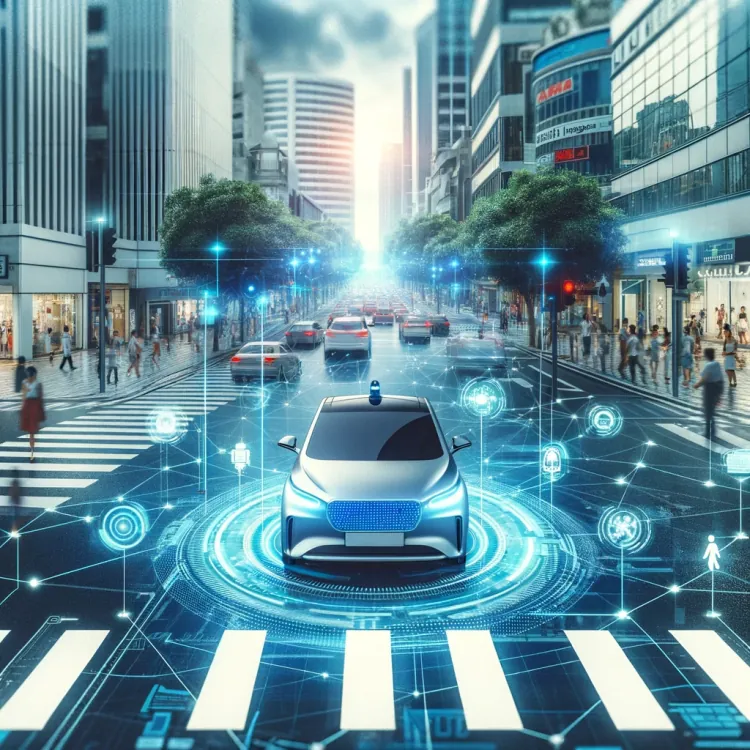
Deep learning also plays a pivotal role in advancing autonomous driving technologies. Neural networks analyze data from an array of sensors and cameras, interpreting complex road conditions and making real-time navigational decisions. Innovations by companies like Tesla and Google's Waymo showcase the profound impact deep learning has on enhancing the safety and efficiency of autonomous travel.
Healthcare
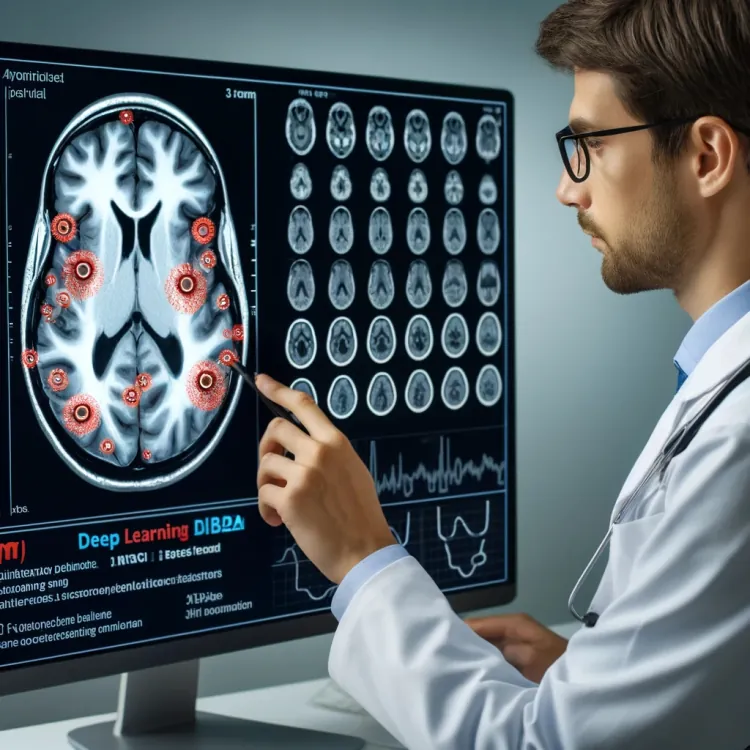
The healthcare sector benefits significantly from deep learning, particularly in the analysis of medical images. These models provide quicker and more accurate diagnoses than traditional methods, especially in detecting conditions such as cancer from X-rays or MRIs. Furthermore, deep learning assists in predicting patient diagnoses and treatment outcomes, thus revolutionizing personalized medicine and patient care.
Finance
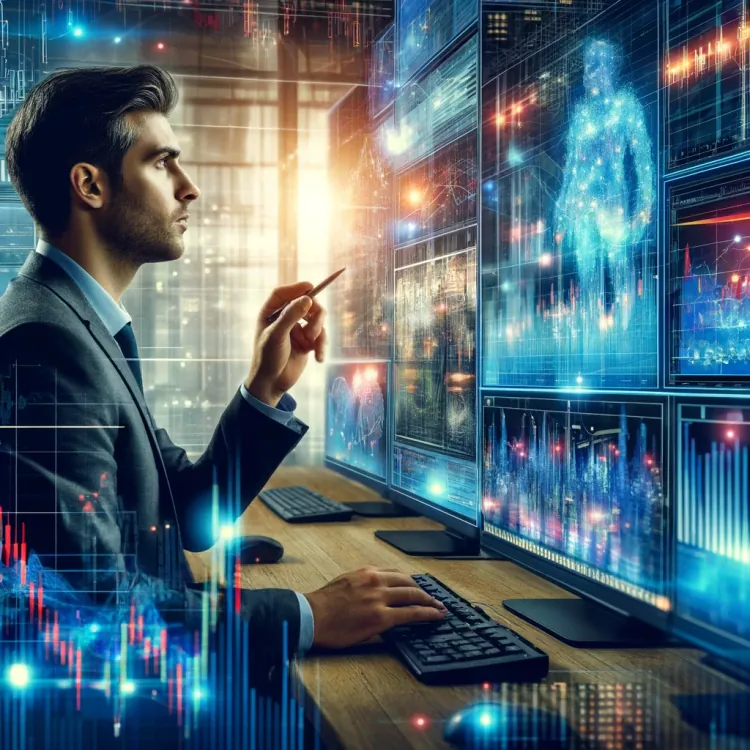
In finance, deep learning algorithms are integral in areas like algorithmic trading, fraud detection, and risk management. They analyze large volumes of data to identify patterns and anomalies that may indicate fraudulent activities or predict market trends, thereby supporting sophisticated financial decision-making processes.
Speech Recognition
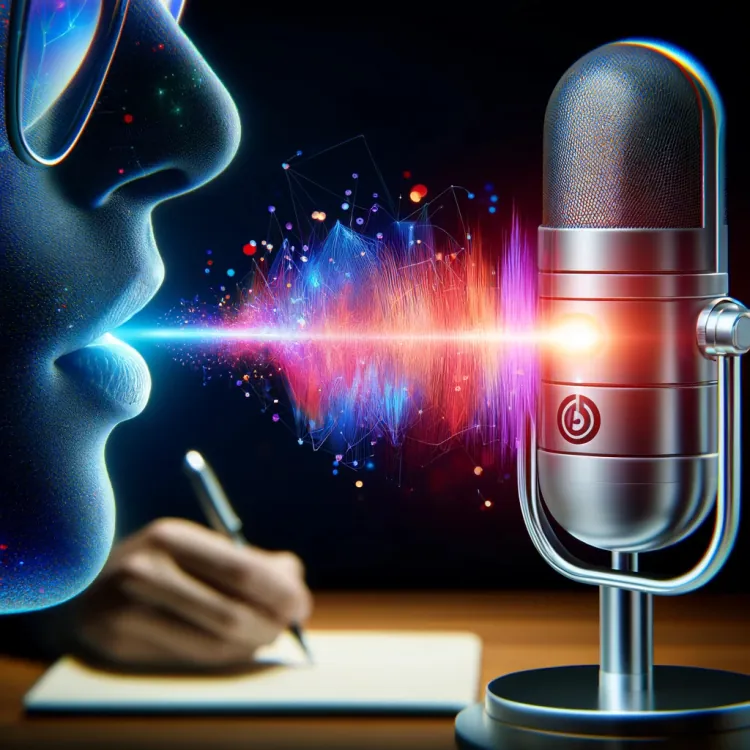
Deep neural networks have transformed speech recognition technology, enabling accurate transcription of human speech into text. This advancement is crucial for real-time transcription services, voice-activated navigation systems, and innovative features such as Google’s real-time speech translation, enhancing both accessibility and user convenience.
Recommendation Systems
Platforms such as Netflix, YouTube, and Amazon leverage deep learning to scrutinize user behavior and preferences, tailoring recommendations to individual tastes. This not only enhances user experience but also boosts platform engagement and satisfaction by delivering highly personalized content.
Conclusion
Deep learning's capacity to handle vast datasets and complex patterns makes it an indispensable technology across numerous industries. Its continued evolution promises even greater advancements, offering limitless potential to transform and benefit society in myriad ways.
FAQs
-
What is deep learning and how does it differ from other machine learning methods? Deep learning involves a complex structure of neural networks capable of learning from vast amounts of data, which distinguishes it from more traditional, less intricate machine learning methods.
-
How do deep learning models improve image and video recognition technologies? Through advanced pattern recognition and real-time processing capabilities, deep learning models significantly enhance the accuracy and efficiency of image and video recognition technologies.
-
What advancements can we expect in autonomous vehicles through deep learning? Future advancements are likely to focus on enhancing decision-making capabilities and improving safety features, making autonomous vehicles even more reliable and efficient.
-
How is deep learning transforming healthcare diagnostics? Deep learning improves the speed and accuracy of medical diagnostics, particularly in imaging and prediction of treatment outcomes, thus greatly enhancing patient care and diagnostic processes.
What's Your Reaction?








